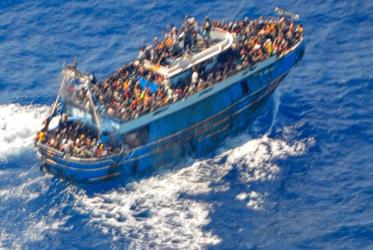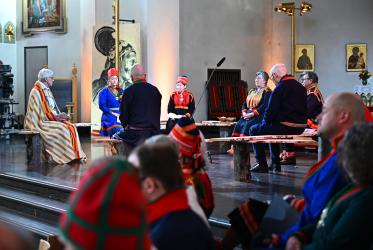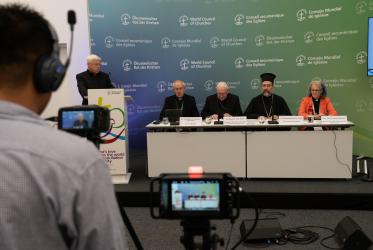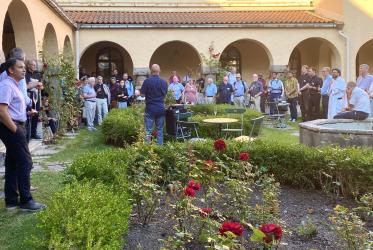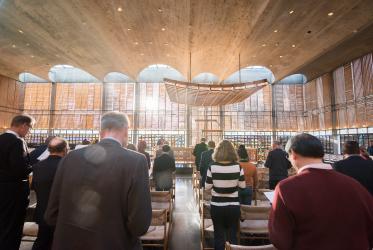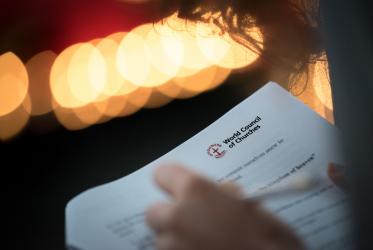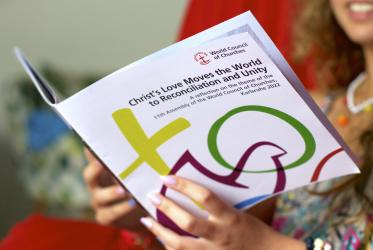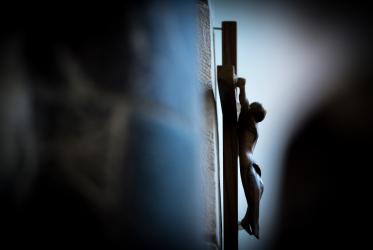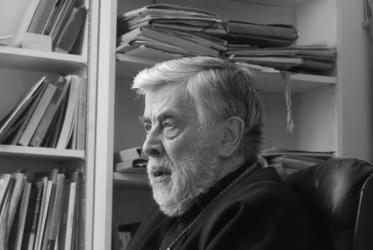Displaying 1 - 20 of 112
Celebration of unity draws churches in Geneva together
24 January 2023
Church of Sweden apologizes to Sámi people, this time in Sápmi
27 October 2022
WCC posts job openings for leadership staff
27 January 2022
In a COVID-stricken world, “everyone is important”
23 October 2020

